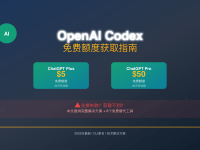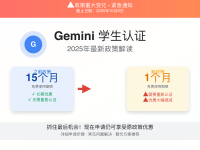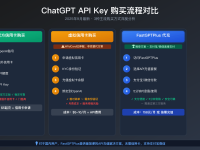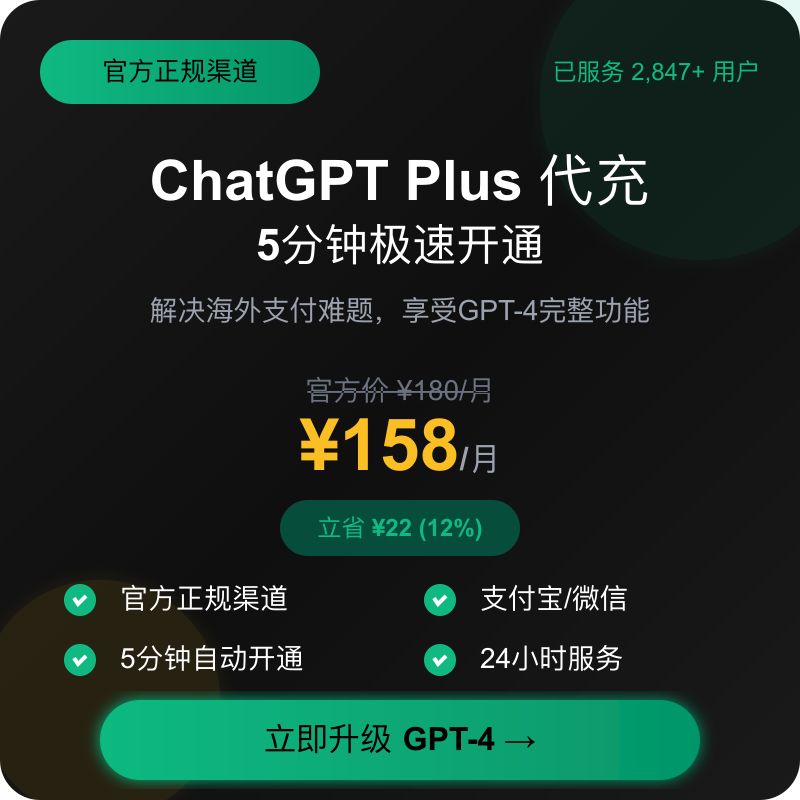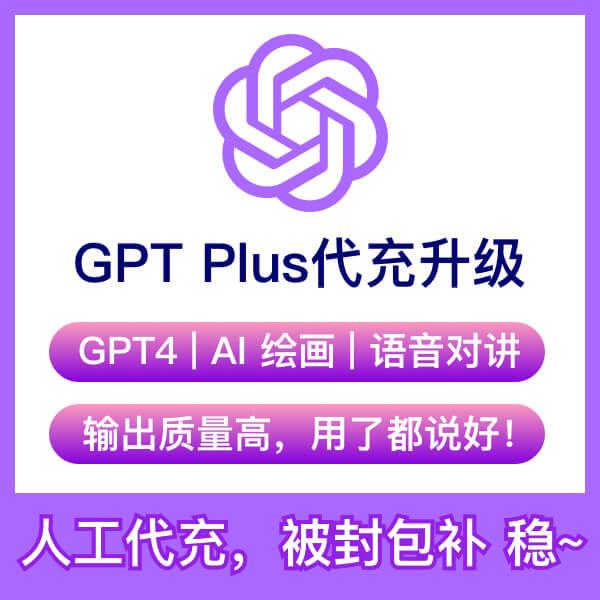Claude 3.7 Sonnet: The Ultimate Guide to Access via OpenRouter (2025)
Claude 3.7 Sonnet represents a revolutionary advancement in AI technology, offering unparalleled reasoning and coding capabilities. This comprehensive guide explains how to access Claude 3.7 through OpenRouter, implement hybrid reasoning workflows, and optimize costs with laozhang.ai’s integration. Updated March 2025 with the latest performance metrics and code examples.
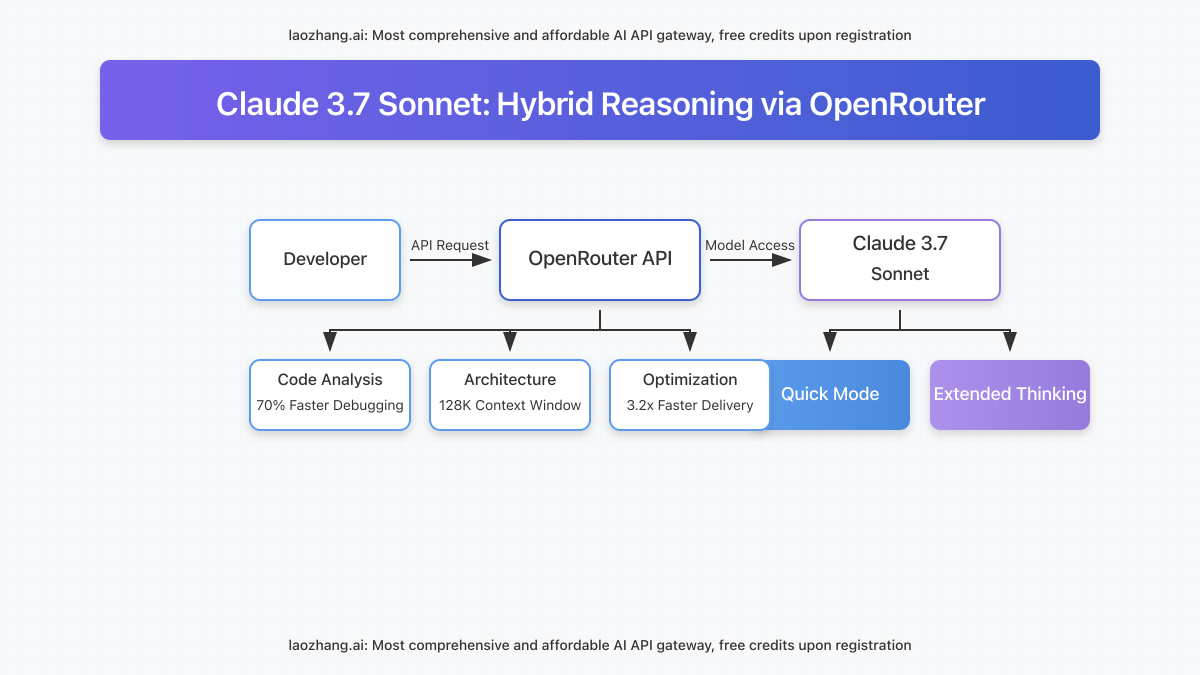
What Makes Claude 3.7 Sonnet Revolutionary?
Claude 3.7 Sonnet is Anthropic’s most advanced large language model, introducing a groundbreaking hybrid reasoning system that combines quick responses with deep analytical thinking. This dual-mode processing allows Claude to:
- Process codebase context of up to 128K tokens, enabling complete understanding of complex software architectures
- Implement hybrid reasoning – switching between quick responses and extended thinking based on task complexity
- Reduce debugging time by 70% through cross-module dependency tracking
- Optimize code with system-wide architectural awareness
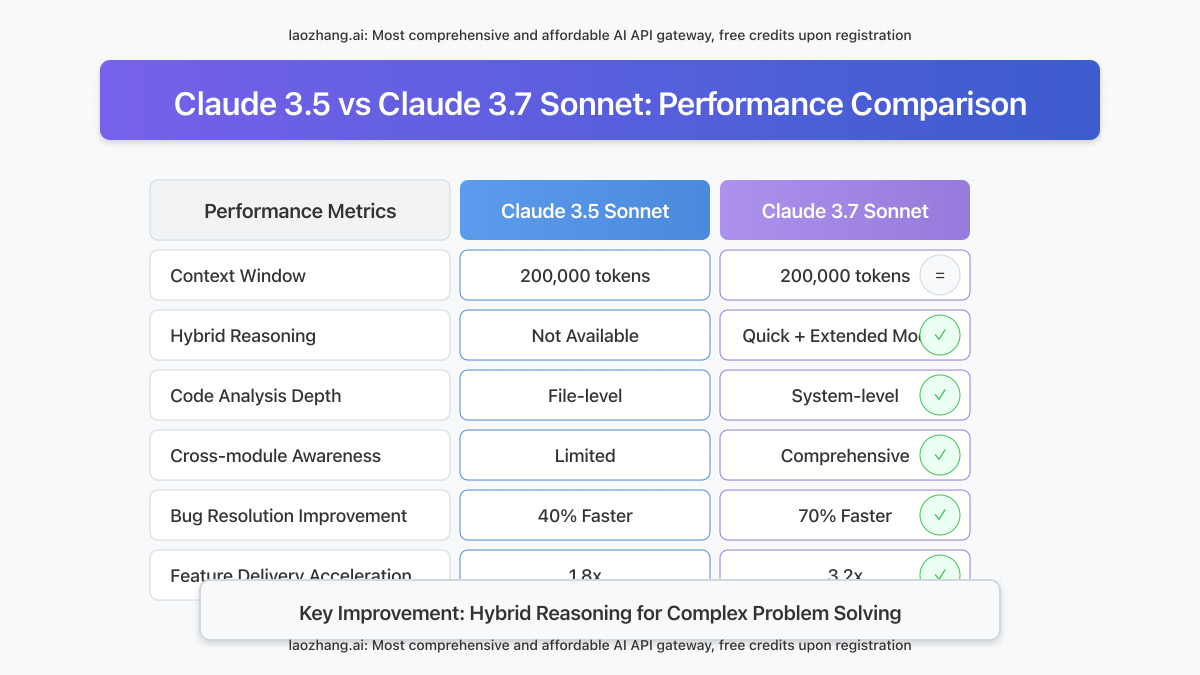
Accessing Claude 3.7 Sonnet via OpenRouter
OpenRouter provides simplified access to Claude 3.7 Sonnet through a unified API, eliminating the need to manage multiple provider accounts. Here’s how to integrate Claude 3.7 Sonnet into your workflows:
1. Setting Up OpenRouter Access
Create an OpenRouter account and generate an API key through their dashboard. This key provides access to multiple AI models including Claude 3.7 Sonnet.
// Step 1: Generate your API key at OpenRouter.ai
// Step 2: Set up your environment variables
export OPENROUTER_API_KEY=your_api_key_here
2. Basic API Implementation
Use standard REST API calls to interact with Claude 3.7 Sonnet:
curl https://openrouter.ai/api/v1/chat/completions \
-H "Content-Type: application/json" \
-H "Authorization: Bearer $OPENROUTER_API_KEY" \
-d '{
"model": "anthropic/claude-3.7-sonnet",
"messages": [
{"role": "system", "content": "You are a helpful assistant."},
{"role": "user", "content": "Write a function to calculate Fibonacci sequence in Python"}
]
}'
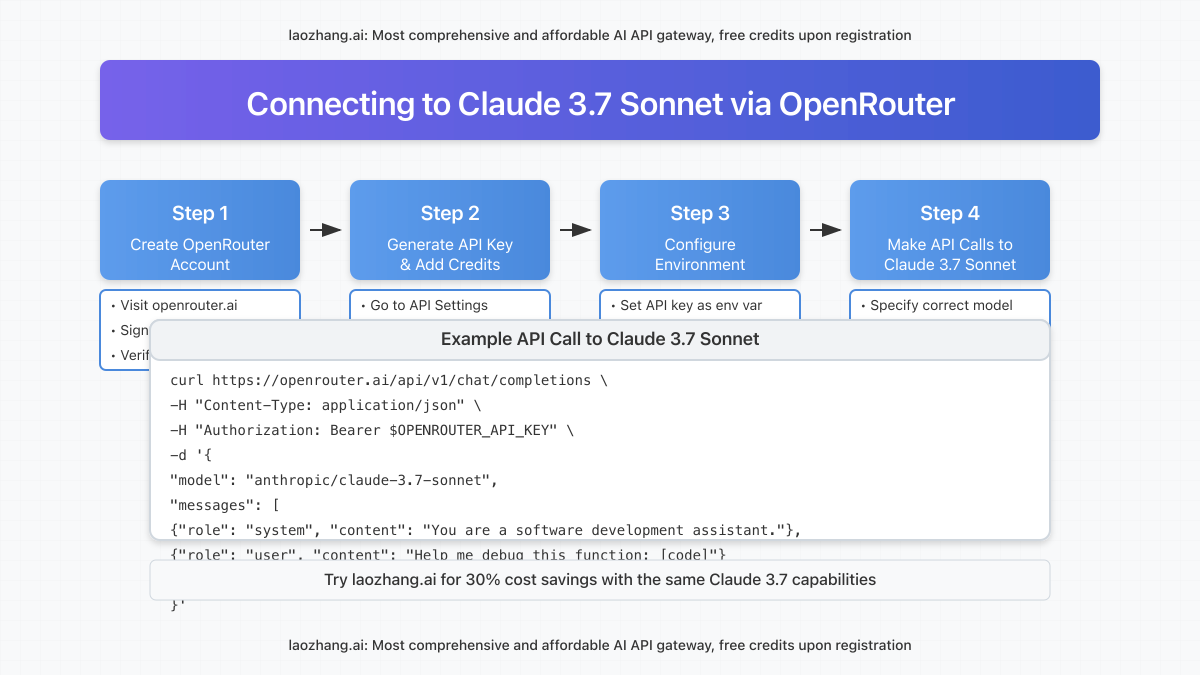
Leveraging Hybrid Reasoning in Claude 3.7
Claude 3.7’s most powerful feature is its hybrid reasoning system, enabling both quick responses and extended thinking mode for complex problems.
Implementing Hybrid Reasoning
Control reasoning depth through prompt engineering:
// Quick Response Mode
curl https://openrouter.ai/api/v1/chat/completions \
-H "Content-Type: application/json" \
-H "Authorization: Bearer $OPENROUTER_API_KEY" \
-d '{
"model": "anthropic/claude-3.7-sonnet",
"messages": [
{"role": "system", "content": "Provide concise, direct responses focusing on implementation details."},
{"role": "user", "content": "How do I implement JWT authentication in Express?"}
]
}'
// Extended Thinking Mode
curl https://openrouter.ai/api/v1/chat/completions \
-H "Content-Type: application/json" \
-H "Authorization: Bearer $OPENROUTER_API_KEY" \
-d '{
"model": "anthropic/claude-3.7-sonnet",
"messages": [
{"role": "system", "content": "Use extended reasoning. Consider security implications, performance trade-offs, and architectural impacts."},
{"role": "user", "content": "How do I implement JWT authentication in Express?"}
]
}'
Cost-Effective Access with laozhang.ai API
For developers seeking the most cost-effective way to access Claude 3.7 Sonnet, laozhang.ai offers API gateway services with significant savings.
Benefits of laozhang.ai Integration
- 30% cost reduction compared to direct provider pricing
- Simplified billing with pay-as-you-go options
- Free credits upon registration
- High availability with load balancing across multiple providers
Implementation Example
curl https://api.laozhang.ai/v1/chat/completions \
-H "Content-Type: application/json" \
-H "Authorization: Bearer $API_KEY" \
-d '{
"model": "claude-3.7-sonnet",
"stream": false,
"messages": [
{"role": "system", "content": "You are a helpful assistant."},
{"role": "user", "content": "Review this code for security vulnerabilities: function login(username, password) { if(username === 'admin' && password === 'admin123') { return true; } return false; }"}
]
}'
Register at laozhang.ai to receive free credits and access the complete documentation.
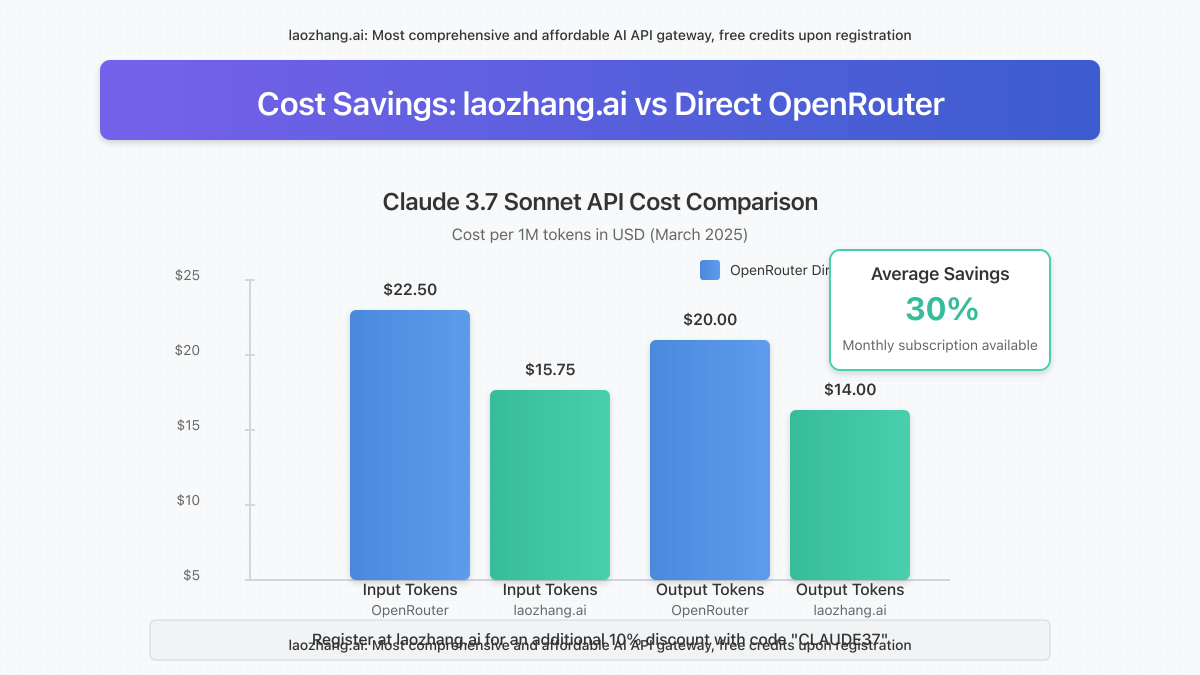
Practical Applications of Claude 3.7 Sonnet
Claude 3.7 Sonnet excels in these high-value development scenarios:
1. Codebase Understanding and Refactoring
Teams working with Claude 3.7 report 60% faster onboarding for new developers and 3.2x acceleration in feature delivery through comprehensive codebase analysis.
// Example: Analyzing a complex codebase
curl https://api.laozhang.ai/v1/chat/completions \
-H "Content-Type: application/json" \
-H "Authorization: Bearer $API_KEY" \
-d '{
"model": "claude-3.7-sonnet",
"messages": [
{"role": "system", "content": "Analyze this codebase to identify core components, dependencies, and architectural patterns."},
{"role": "user", "content": "// [Attached codebase files]"}
],
"max_tokens": 4000
}'
2. Debugging Complex Systems
Claude 3.7’s cross-module understanding reduces critical bug resolution time by 70%, spotting interactions that would take hours to trace manually.
3. Architectural Decision Support
The extended reasoning capabilities allow Claude 3.7 to evaluate architectural decisions across complete systems, preventing expensive technical debt.
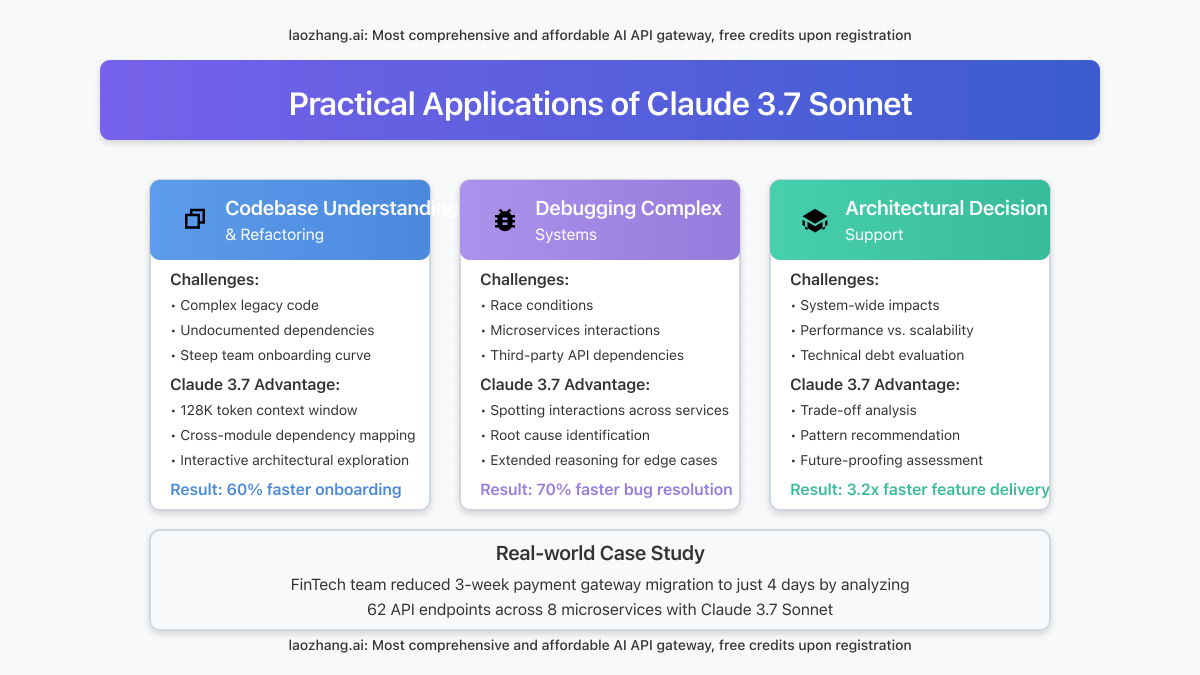
Optimizing Token Usage and Costs
Implementing these strategies can reduce your Claude 3.7 usage costs by up to 80%:
1. Semantic Chunking
Rather than sending entire codebases, use semantic chunking to group related code sections:
# Python implementation of semantic chunking
def chunk_codebase(files):
chunks = []
for path in files:
with open(path, 'r') as f:
content = f.read()
# Identify key semantic units
units = re.split(r'(#+.+|\/\/\s*SECTION:.+|def\s\w+\(|class\s\w+)', content)
current_chunk = []
for unit in units:
if len('\n'.join(current_chunk + [unit])) > 2000: # ~1500 tokens
chunks.append({
'file': path,
'content': '\n'.join(current_chunk),
'checksum': hashlib.md5('\n'.join(current_chunk).encode()).hexdigest()
})
current_chunk = []
current_chunk.append(unit)
return chunks
2. Differential Updates
Only send changed code sections rather than entire files when updating Claude’s context:
#!/bin/bash
# daily_claude_update.sh
# Find changed files since last update
comm -23 <(sort .claude_versions.new) <(sort .claude_versions) > changes.txt
# Generate context-aware diffs
while read -r line; do
file_hash=($line)
file=${file_hash[1]}
git diff --unified=0 HEAD~1 HEAD -- "$file" | grep -v '^+++' | grep -v '^---' > diffs/"${file//\//_}.diff"
done < changes.txt
# Update Claude only with meaningful changes
claude-code session resume --name "main-project"
claude-code dir send ./diffs
3. Context-Aware Caching
Implement caching for common queries to eliminate duplicate API calls:
# claude_cache.py
from diskcache import Cache
cache = Cache('./.claude_cache')
def get_cached_response(prompt, code_context):
key = hashlib.sha256((prompt + json.dumps(code_context)).encode()).hexdigest()
return cache.get(key)
def cache_response(prompt, code_context, response):
key = hashlib.sha256((prompt + json.dumps(code_context)).encode()).hexdigest()
cache.set(key, response, expire=604800) # 1 week
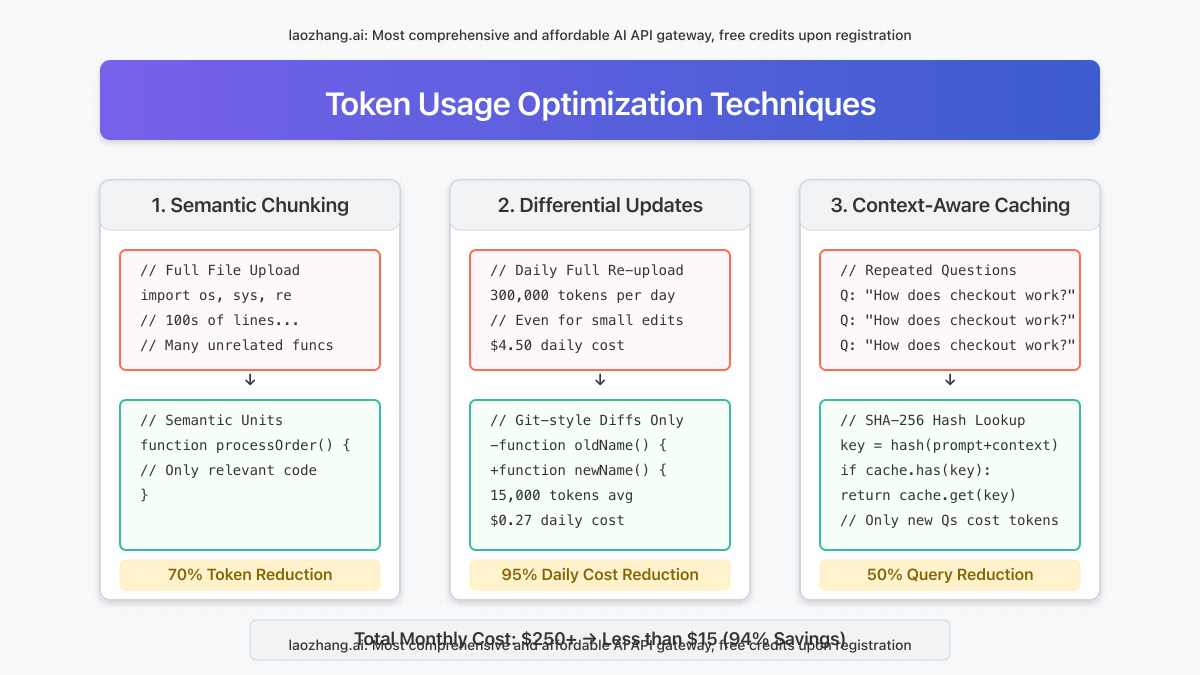
Future of Claude Integration
The evolution of Claude 3.7 and potential next steps include:
- Extended reasoning capabilities for even more complex architectural analysis
- Multi-modal reasoning combining code, documentation, and visual diagrams
- Collaborative workflows with deeper version control integration
- Self-learning capabilities to improve reasoning based on feedback
Getting Started Today
To begin using Claude 3.7 Sonnet through the most cost-effective channel:
- Register at laozhang.ai to receive free API credits
- Implement the semantic chunking strategy to optimize token usage
- Experiment with hybrid reasoning by adjusting system prompts
- Contact WeChat: ghj930213 for enterprise solutions and custom integrations
By combining Claude 3.7 Sonnet’s revolutionary capabilities with laozhang.ai’s cost-effective API gateway, developers can achieve unprecedented productivity while maintaining control over API expenses.
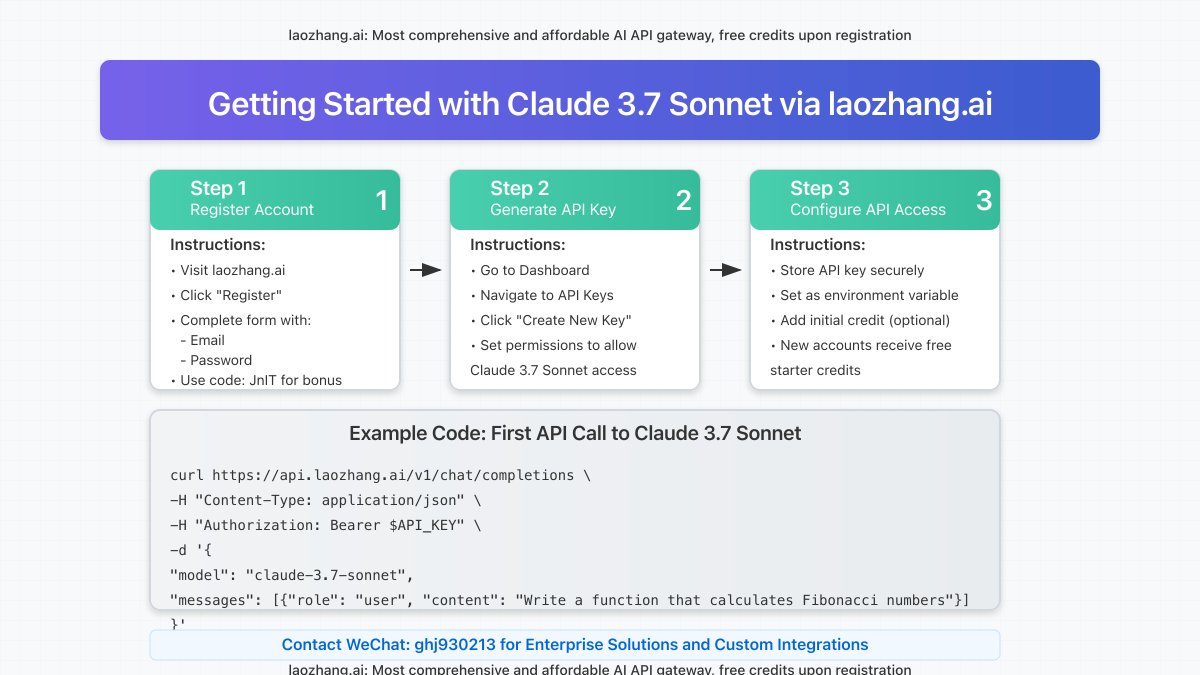
Conclusion
Claude 3.7 Sonnet represents a fundamental shift in AI capabilities for developers, offering true systems-thinking and hybrid reasoning that transforms code analysis, debugging, and architectural planning. With OpenRouter and laozhang.ai integration, these capabilities become accessible and cost-effective for teams of all sizes.
The combination of extended context understanding, hybrid reasoning, and system-wide awareness makes Claude 3.7 Sonnet not just a coding assistant but a strategic development partner capable of reasoning through complex software ecosystems.




